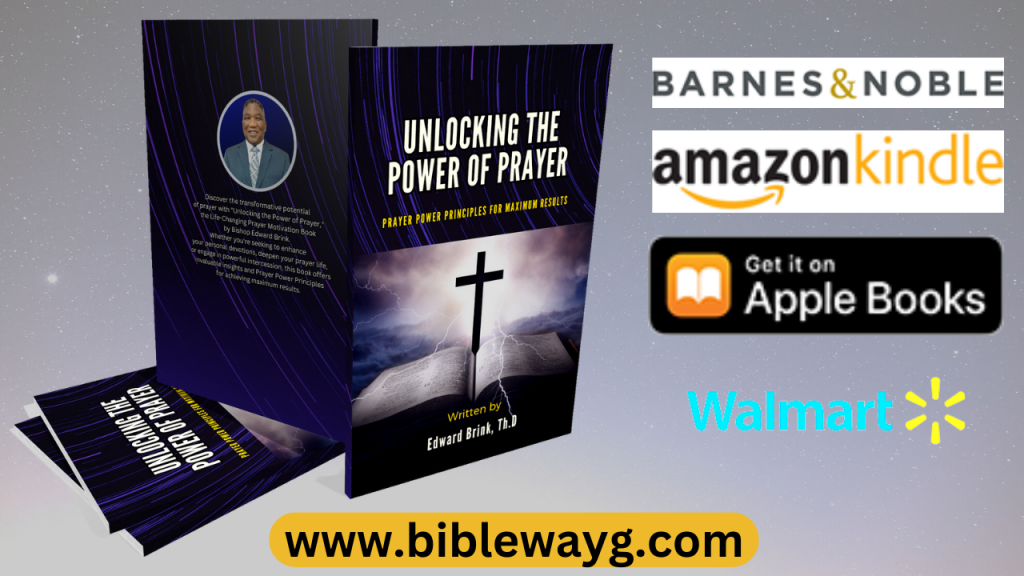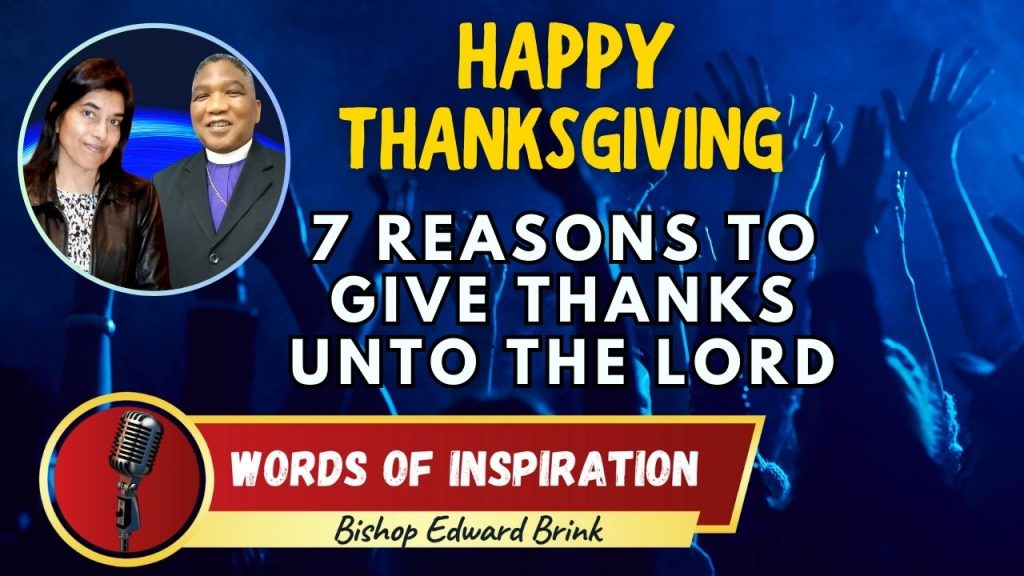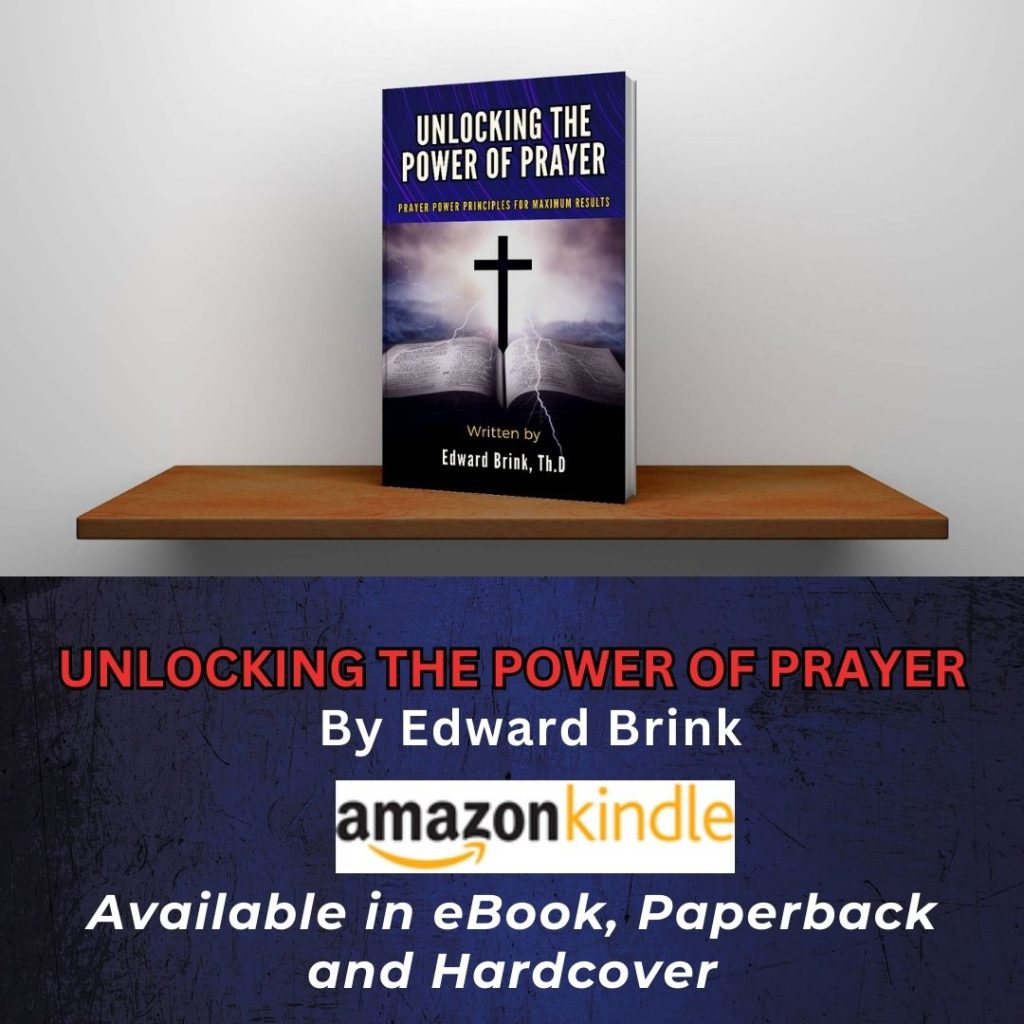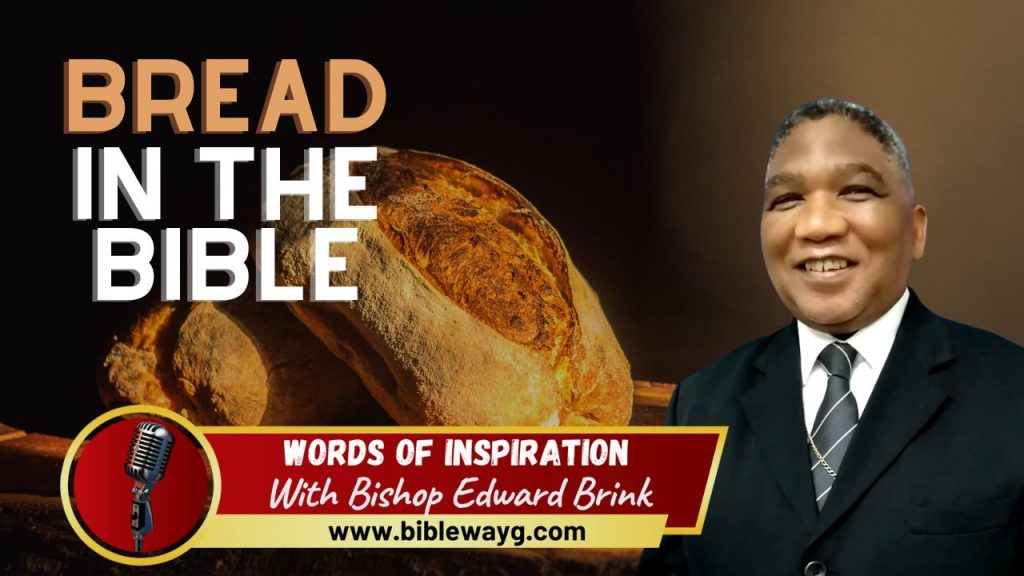Evangelizing the World: 7 Ways to Share God’s Love

Evangelizing the World: 7 Ways to Share God’s Love
Greetings, beloved brothers and sisters in Christ! Today, we embark on a journey to explore seven practical ways to evangelize the world and spread the transformative message of God’s love. As followers of Christ, we are called to be His witnesses and share the Good News with those around us. Let’s dive into the Word of God to discover how we can fulfill this divine commission.
Evangelizing the World:
1. Live a Christ-Centered Life (Matthew 5:16)
“In the same way, let your light shine before others, that they may see your good deeds and glorify your Father in heaven.”
As Christians, our lives should reflect the love and grace of Jesus Christ. By living with integrity and compassion, we become living testimonies of God’s goodness. People are drawn to the light of Christ shining through us, making our daily actions powerful tools for evangelism.
2. Share Your Personal Testimony (Revelation 12:11)
“They triumphed over him by the blood of the Lamb and by the word of their testimony.”
Your story is a unique and powerful tool for evangelism. Share how God has transformed your life, the challenges you’ve overcome through faith, and the hope you’ve found in Christ. Personal testimonies are relatable and can touch hearts in profound ways.
3. Engage in Meaningful Conversations (Colossians 4:6)
“Let your conversation be always full of grace, seasoned with salt, so that you may know how to answer everyone.”
Approach conversations with love and humility. Listen actively, express genuine interest in others, and be ready to share the hope that is within you. God’s love becomes evident when we engage in respectful and meaningful dialogue.
4. Pray for Opportunities (Colossians 4:3)
“And pray for us, too, that God may open a door for our message, so that we may proclaim the mystery of Christ.”
Prayer is a powerful weapon in our evangelistic journey. Pray for open doors, receptive hearts, and divine appointments. Trust in God’s timing and guidance as you seek opportunities to share the Gospel.
5. Use social media Wisely (Proverbs 15:23)
“A person finds joy in giving an apt reply—and how good is a timely word!”
Leverage social media platforms to share uplifting messages, Bible verses, and testimonies. Use your online presence to spread positivity and engage in conversations that point people toward Christ.
6. Serve Your Community (Matthew 25:40)
“The King will reply, ‘Truly I tell you, whatever you did for one of the least of these brothers and sisters of mine, you did for me.'”
Acts of kindness and service create opportunities to share God’s love. Whether it’s volunteering at a local shelter or helping a neighbor in need, our actions speak louder than words, revealing the love of Christ to those around us.
7. Invite Others to Church and Christian Events (Hebrews 10:25)
“Not giving up meeting together, as some are in the habit of doing, but encouraging one another—and all the more as you see the Day approaching.”
Encourage others to join you in worship and fellowship. The community of believers provides a nurturing environment for people to experience God’s love and grace.
Conclusion: “Evangelizing the World: 7 Ways to Share God’s Love”
In closing, let us be inspired and motivated by the commandment of our Lord to go and make disciples of all nations (Matthew 28:19). As we apply these practical ways to evangelize, may we do so with love, compassion, and a genuine desire for the salvation of souls. Let us trust in the Holy Spirit to guide our efforts and transform lives through the power of the Gospel. Amen.







